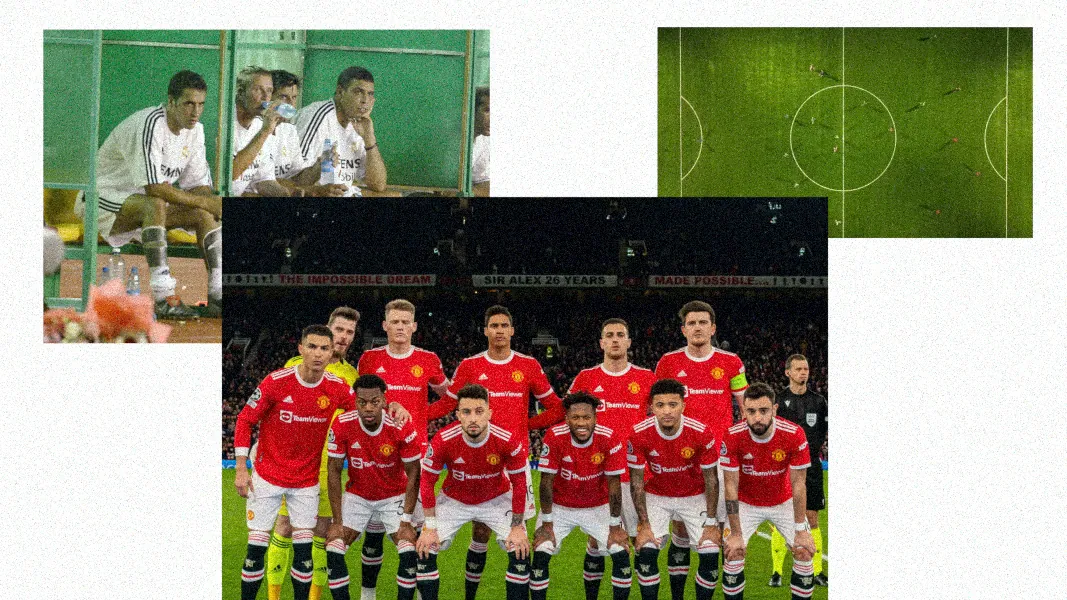Are you eagerly awaiting the celebration of National Soccer Day? The excitement and joy that come with this special occasion are undeniable.
But here’s the question on everyone’s mind: When Is National Soccer Day?
In this article, we’re here to unravel the mystery and provide you with a clear and concise answer.
The Controversy: July 28 or December 10?
The confusion surrounding the date comes from the use of the word ‘soccer’.
Soccer, known as football in most parts of the world, is a dynamic team sport where two teams compete to score goals by maneuvering a ball into the opposing team’s net, using their feet and bodies, while adhering to a set of rules and strategies.
The use of soccer and football for the sport creates the confusion as various sources cite July 28 as the National Soccer Day whereas, some sources cite the National Football day as December 10.
Two different dates for a single sport just with different terms.
Delving into July 28
The widely accepted date for National Soccer Day, as cited by numerous US-based sources, is July 28. Interestingly, despite this prevalence, there appears to be a lack of specific reasoning behind the selection of this particular date as the national celebration of soccer in the United States.
It’s worth noting that July 28 does not seem to carry significant historical or sport-specific importance within the context of soccer in the USA.

One might have anticipated the date to align with a momentous event in American soccer history, such as the founding of Major League Soccer (MLS) on December 17 or the momentous occasion of the final match of the first FIFA World Cup held in the USA on July 17.
Nevertheless, despite these alternatives, a majority of the sources consistently confirm and recognize July 28 as the official National Soccer Day, underscoring the prevalence of this date within the collective recognition of the celebration.
Unraveling December 10
December 10, often considered a possible alternative for National Soccer Day due to its apparent historical weight, surprisingly lacks a distinctive significance in the soccer. Just like its counterpart, the World Soccer Day, which carries no substantial historical influence, December 10 seems to emerge from a similar context.
Interestingly, the celebration of ‘World Football Day’ raises questions about its origins and intent, hinting at the possibility of it being a symbolic event devised, perhaps, by corporate interests seeking to amplify the sport’s visibility.
Despite this, several noteworthy dates could have served as strong contenders for the title of World Soccer Day.

For instance, the choice of July 30, coinciding with the climactic final of the inaugural FIFA World Cup in 1930, one of the most esteemed soccer tournaments, or October 23, marking the birthday of a soccer luminary like Pele, renowned for his profound contributions to the global soccer landscape, including his instrumental role in expanding the sport’s presence in the USA through his stint with New York Cosmos in 1975.
The Solution?
Considering the absence of substantial historical ties to either date, the choice between July 28 and December 10 remains open, allowing you to opt for the one that resonates most with you.
For those residing in the United States, July 28 emerges as a pragmatic choice, given its greater recognition and familiarity among American citizens.
Yet, within this broader perspective, the concept of dedicating a single day to soccer holds an intriguing allure, evoking feelings of enthusiasm and optimism.

While the significance of one day may seem modest in the grander context, it serves as a foundational stepping stone to engage deeply with the world’s most beloved sport.
As you make your decision between these two options, embrace the spirit of the game by donning your soccer gear, unleashing your cherished soccer balls, and immersing yourself in the sheer beauty of this sport with your friends and family.
For a comprehensive understanding of all things soccer, turn to Soccer Mavericks, your go-to source for soccer knowledge and insights.












